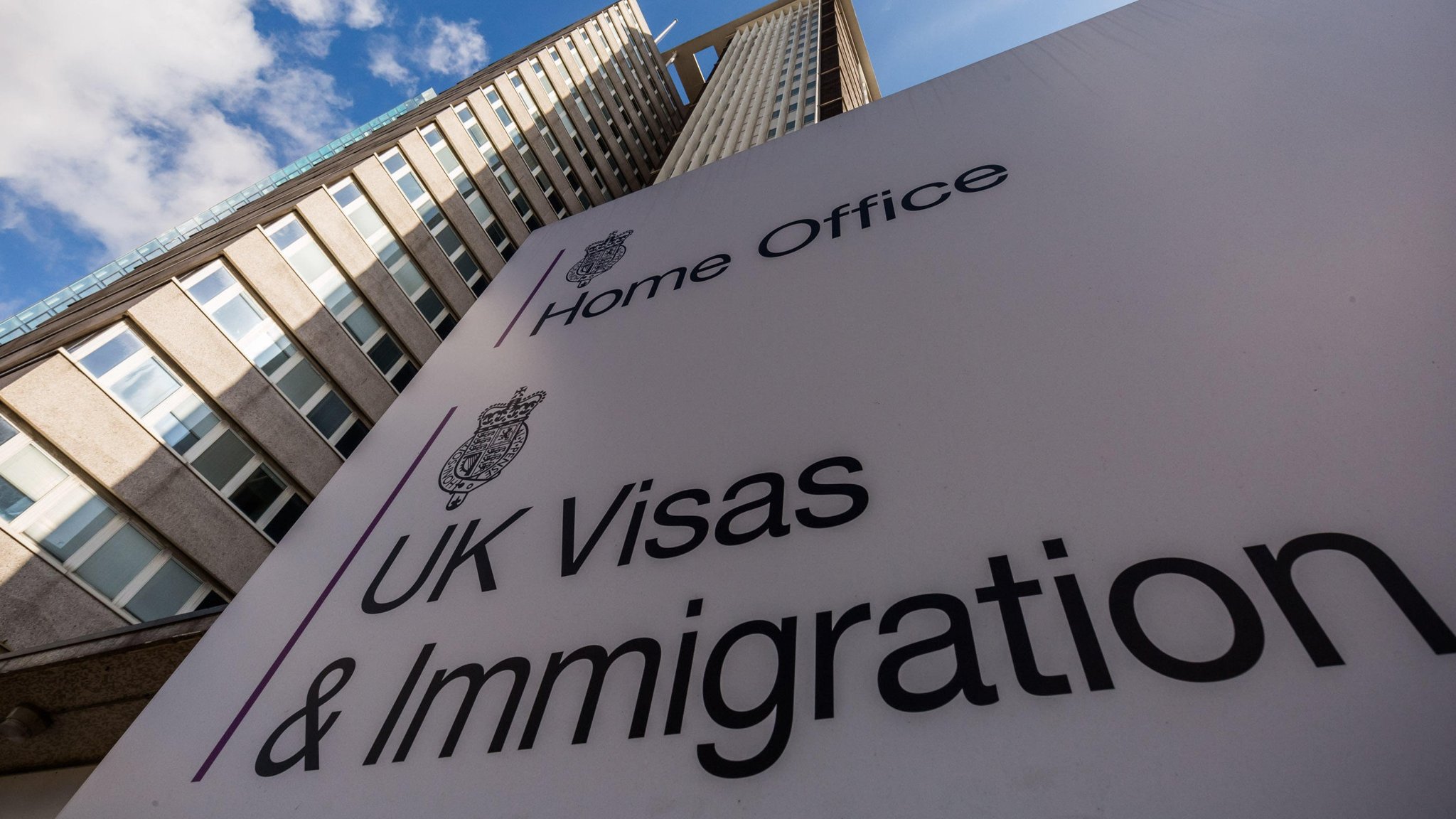by John Robertson
Current attempts to panel-beat the Indigenisation and Economic Empowerment Act are focussed entirely on achieving full compliance with the indigenisation objective. The ministers who are tasked with enforcing changes of ownership of targeted business assets are no doubt hoping that we will all believe that the empowerment component of this Act will follow automatically.

However, they must also be hoping that we are all ignoring the overwhelming evidence: the legislation has already massively disempowered the whole population.
Government seems to be claiming the policy, to be so totally justified, it needs no supporting arguments. The pronouncement that indigenous Zimbabweans must own at least 51% of the shares of every business is considered to be beyond question. But this entirely emotional argument has no economic foundation or merit.
Government’s intention to apply the full force of the law to achieve compliance is a claim that might is right. The powers of the state will now impose penalties for as long as it takes for each company to obediently surrender 51% of its shares.
However, the basic concept is flawed. The use of force to persuade somebody to give away assets is a good definition of theft. When such changes of ownership are legalised, they undermine the entire asset creation process by demotivating the very people who have the skills needed to create them. And the promise of transfer of assets that used to be somebody else’s property is a good way to discourage people from putting in the effort needed to create assets of their own. These flaws affect the people who are, or could become, the kind of people who have the rare skills needed to start businesses.
For the majority, however, the most devastating flaw is that the business sector’s shrinkage has cost hundreds of thousands of jobs. Government’s strenuous efforts to legalise the theft of business assets has reversed the job creation process and now Zimbabwe’s formal employment numbers match the figures recorded in the 1960s when the population of this country was about one-third of its present size.
Zimbabwe used to be the envy of Africa, attracting investors who committed their lives to the factories, mines and farms that created the jobs. At Independence in 1980, one person in every seven had a formal sector job. Today, the attacks on property rights, which started with commercial farms and is continuing with demands to hand over controlling interests in every non-indigenous company, has taken employment numbers down to about one in 20.
While the loss of existing jobs was bad enough, an even larger number of jobs has been prevented from coming into existence. Our younger generation has seen the evaporation of opportunities to receive training in valuable skills that would have served them well for the rest of their lives. It is they who are bearing the highest costs. The basic point is that Zimbabwe needs jobs far more than it needs to regulate who can own shares in a business.
Our young people are already resentful, but their anger will mount when they realise they might be destined to suffer directly from the consequences of the current disastrous policies for the rest of their lives. They would have found jobs if only the employers had still been there, had still been enjoying the security needed to grow their businesses and had been encouraging many other people to become investors in new enterprises.
None of these issues has been discussed in the revised procedures, which are intended only to force more active compliance with the indigenisation requirements. Even the concept of indigenisation is left out of the discussion.
Nobody is invited to consider, for example, why nearly 36 years since the country became independent, the clearly capable and ambitious indigenous population has not made much more of its opportunities to massively outperform the achievements of the fairly small numbers of non-indigenous people during the colonial years.
During all these years since the colonial handicaps were removed, the need to indigenise anything should have vanished completely. Is there a real need now, and if so, why? This should be the real debate.
At first glance, it might appear that everything needed for economic expansion was in place in 1980. Independent Zimbabwe’s first government inherited an infrastructure that had called for the steady reinvestment of virtually all the proceeds of business activity during the colonial years.
From the transport, communications, power and water installations, the infrastructure extended into health, education, banking, insurance, public and local government administration and a wide range of institutions that were the envy of most of the Third World, not just the rest of Africa.
No other country gaining independence from any colonial power had ever had such a springboard. Why did we fail to use it? And having failed, why does anyone believe that we can make up for this now by making demands, with menaces, that any non-indigenous person in charge of a business should relinquish control?
However, a second glance at our post-Independence history suggests that some of the vital components of that springboard were removed. In 1980, the expertly crafted controls and regulations, which had been devised to support the business sector on which Rhodesia’s economy and government depended, became controls and regulations that the new Zimbabwean government redirected against the people who ran the businesses.
This was possible because, after Independence, the business sector was no longer government’s only source of finance. Taking advantage of the East-West rivalries at the time, the new majority government could now reach across the world for aid and soft loan financing to pursue socialist objectives.
Declining efficiency of the business sector followed, and further discouraged the people who should have become the new entrepreneurs. Frequent political speeches stated the Marxist-Leninist government’s guiding principle was wealth redistribution, not wealth creation. This effectively created a business environment that was equally hostile to all businesspeople, whether or not they were indigenous.
Hopeful investors soon found their enthusiasm waning even more when they had to bribe officials to obtain licences and permits — wealth redistribution again — and when existing profits became a target. Government imposed strict price controls, regulated the size of dividends that could be declared and introduced additional taxes on the dividends themselves, on interest earnings and capital gains.
Other profit-limiting policies included statutory wage increases for lower-paid workers as well as stricter laws to protect them from dismissal. The issuing of import licences and foreign exchange was tightly controlled, leading to illegal, but rampant black markets for the means to import goods and further impacting on profitability.
To satisfy calls for affirmative action, particularly from the higher-profile leaders of the liberation war, foreign currency allocations were withheld from many traditional importers and transferred to ruling party favourites, so aspiring business investors had to curry favour with senior members of the party.
In other words, government’s excessively intrusive policies prevented the arrival of indigenous investors who might have easily made indigenisation a natural process. Forcing the surrender of shares now will accomplish nothing and those who believe in the empowerment promises have been betrayed already.
Robertson is an economist and lecturer at the University of Zimbabwe.






